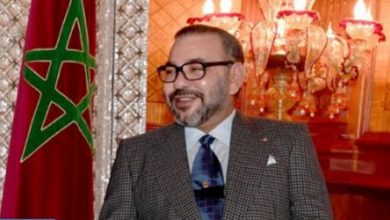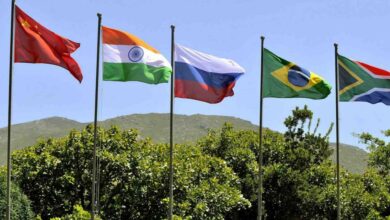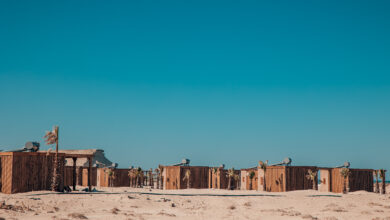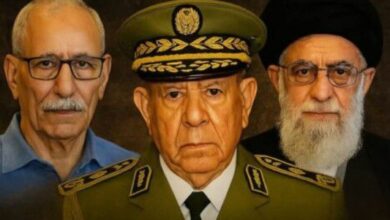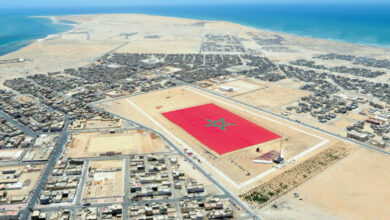Panama Joins the List of Countries Recognizing Morocco’s Sovereignty over the Sahara: A Diplomatic Shift Reflecting the Decline of the Separatist Front
Panama Joins the List of Countries Recognizing Morocco’s Sovereignty over the Sahara: A Diplomatic Shift Reflecting the Decline of the Separatist Front
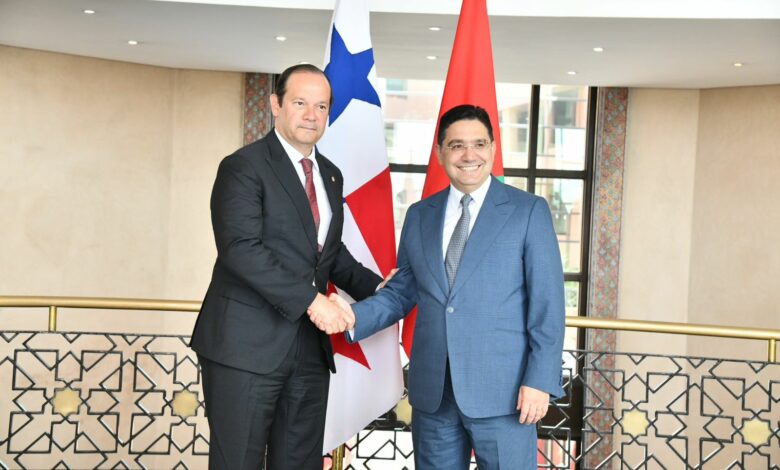
ALDAR / Analysis
In a new decision that bolsters the growing diplomatic momentum in favor of Morocco’s sovereignty over the Sahara, the Republic of Panama has officially voiced its support for the Kingdom of Morocco’s stance on the Sahara issue. With this move, Panama joins a growing list of Latin American countries that have chosen to side with international legitimacy and Morocco’s territorial integrity.
This recognition is not merely symbolic—it marks a strategic shift in the positions of several Latin American nations that have historically been diplomatic strongholds for the “Polisario” Front. Today, the separatist movement finds itself in an increasingly isolated position, as it gradually loses the support of its remaining allies across various continents, most notably in South America.
At its core, Panama’s move reflects a growing awareness of the unrealistic nature of separatist claims and a rising international consensus that Morocco’s autonomy initiative represents the most serious, credible, and realistic solution to the artificially prolonged conflict over the Sahara.
Observers point out that Panama’s stance is not an isolated case. It is part of a broader trend among regional countries such as El Salvador, Guatemala, the Dominican Republic, and Paraguay, which have also opted to align themselves with the logic of political realism and international legality—rather than cling to separatist narratives that have proven politically and legally untenable over the decades.
As Morocco continues to garner increasing political and diplomatic support across continents, the “Polisario” Front is showing further signs of retreat and isolation—especially in the absence of any credible negotiation framework underpinning its proposals. This contrasts with Morocco’s continued openness to peaceful solutions and its rejection of reckless or unrealistic paths.
Meanwhile, Moroccan diplomacy continues to play a decisive and strategic role, investing in the depth of its international partnerships. This reflects the maturity of its vision and the coherence of its messaging—compared to the confusion surrounding the separatist front, which appears increasingly unable to grasp the evolving geopolitical and regional dynamics.
Panama’s position, therefore, is not just a temporary political gesture—it signals a structural shift in the balance of the issue. It reinforces the idea that imaginary solutions cannot withstand the weight of truth and history, and that the era of backing aimless separatist ventures is definitively over.

